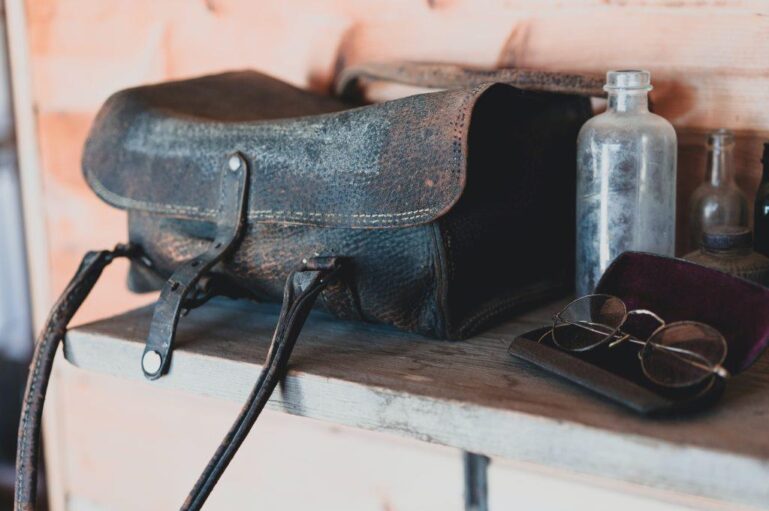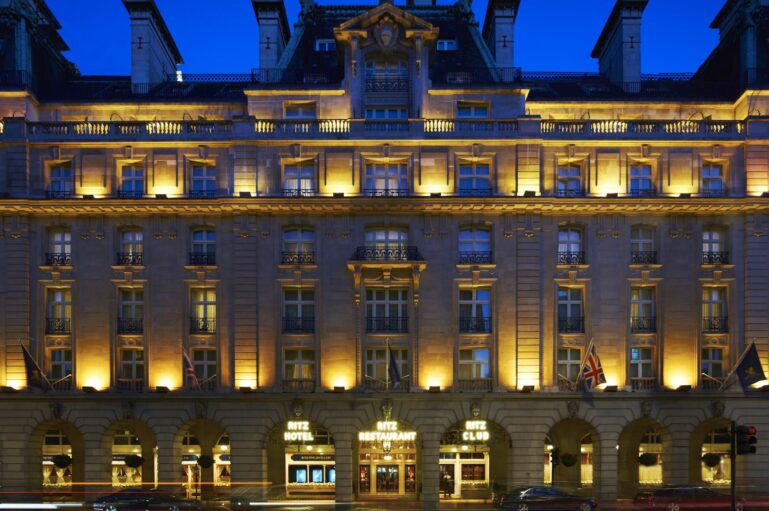“Success is never owned. It’s rented and rent is due every day” (ANON)
His great-aunt hovered over him as he began to practise his scales and exercises. The little boy was perched on an oversized piano stool, but he ignored his discomfort and dutifully responded to her persistent encouragement. “You must practise,” said the old lady. “You cannot play well unless you practise and you never know how useful your music may be to you some day”. Her words turned out to be true – far truer than she knew. The boy’s music achieved extraordinary results – not only did it lead him to become a well-known musician, but it also enabled him to build what was to become one of the most famous hospitals in the world.
Born in 1875 in Alsace, a district situated on the French/German border, Albert Schweitzer, like his father, decided to become a church minister and studied theology and philosophy at the University of Strasbourg. He, however, maintained his musical bent with lessons from a leading Parisian church organist, Charles Widor. While still a student in Strasbourg, he counted himself fortunate to have all these opportunities and resolved never to become selfish. He decided to complete his studies, become a minister and devote the rest of his life to relieving the suffering of others. He never forgot this decision, even though he became Principal of a well-known Theological College, university lecturer and famous as an organist and philosopher. At the age of thirty, he read in a missionary journal about the pressing need for doctors in West Africa and immediately decided to become a doctor. To pay for his medical studies, Albert supplemented his income with lecturing, preaching and organ recitals. When qualified and along with his wife who trained as a nurse to be able to help him with his intended work in Africa, he went to Paris to study tropical diseases. He approached the Paris missionary society whose magazine had inspired him to become a doctor and was finally sent to French Equatorial Africa (current-day Gabon, Republic of Congo, Central African Republic, etc.) to the village of Lambarene. Filling 70 cases of supplies, mostly funded from organ concerts, they set off. Albert’s music was indeed proving to be an asset in enabling his work.
The couple started work out of a dirty fowl-house erected by a former missionary. Schweitzer cleaned the hut, had it white-washed and the leaf roof repaired. His work flourished – great numbers of patients arrived as his reputation spread. Any spare time was given to the building of a hospital. Albert enlisted the help of the families of patients to build beds (four stakes in the ground, cross beams and then dried grass piled on top to make a mattress). As numbers of patients grew, the building proved to be inadequate, so a new facility was erected to receive over 250 patients and their attendants. Other medical helpers arrived in Lambarene and Schweitzer travelled back to Europe a number of times, playing the organ in several countries to raise funds for the hospital. He further established a separate facility for those that needed treatment for leprosy. In 1955, he celebrated his eightieth birthday and was awarded the Order of Merit by the Queen of England. He had, enabled by his giftedness, fulfilled his vow to serve and trained up so many others in the process.
Selfless leadership leads to trust and enhances reputation. This was especially true in Schweitzer’s case with the employ of his own giftedness to fund his work. Selfish leadership, on the other hand, leads to suspicion, distrust and the subsequent lack of value-adding impact.
The utilisation of one’s unique giftedness enables profound acts of service, generating hope and inspiring participation from others.










